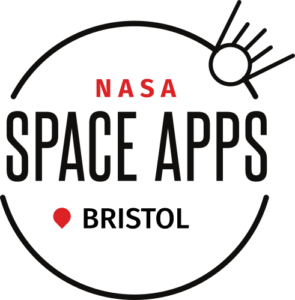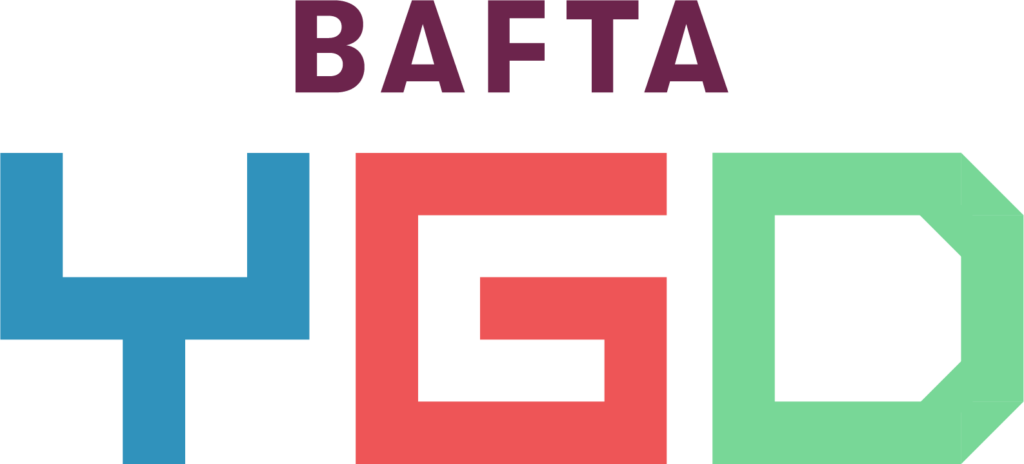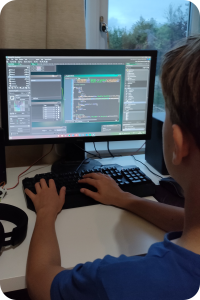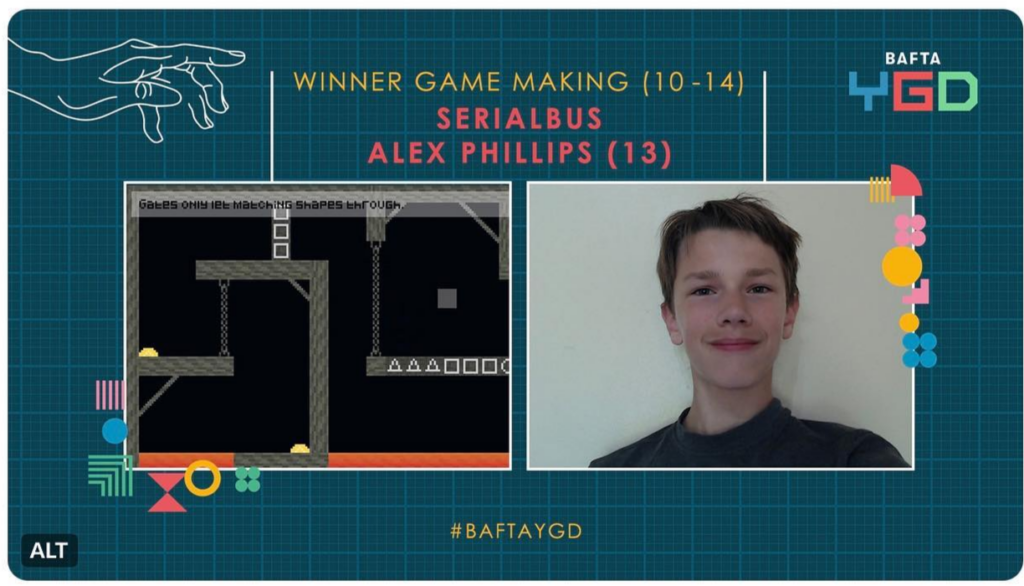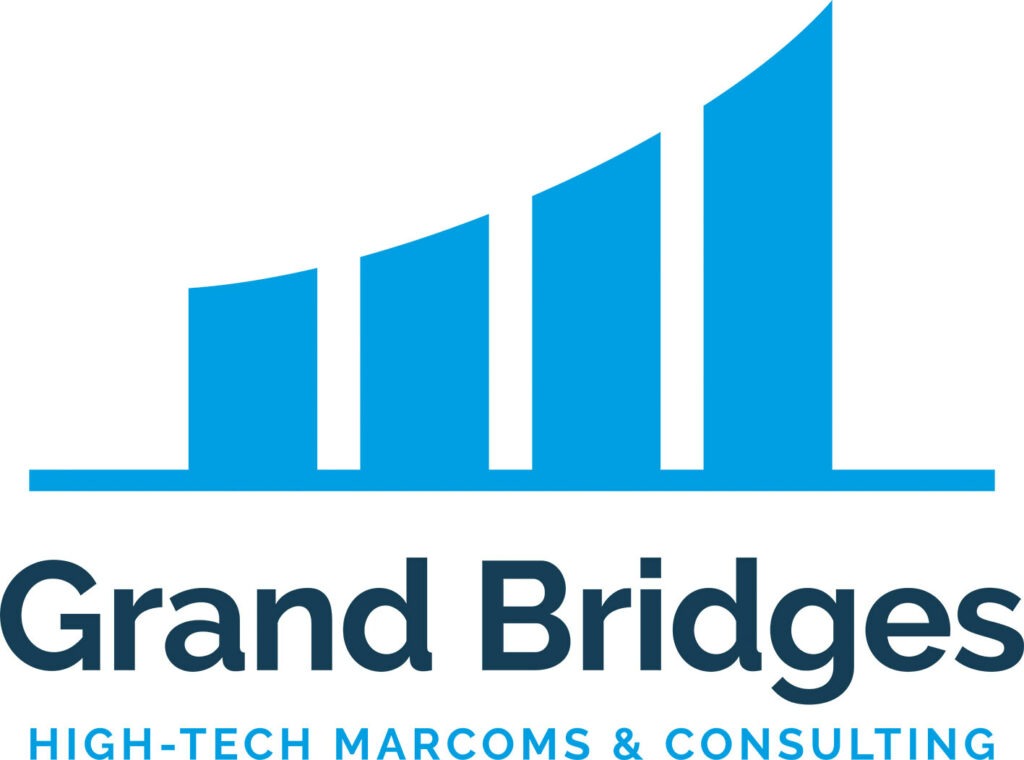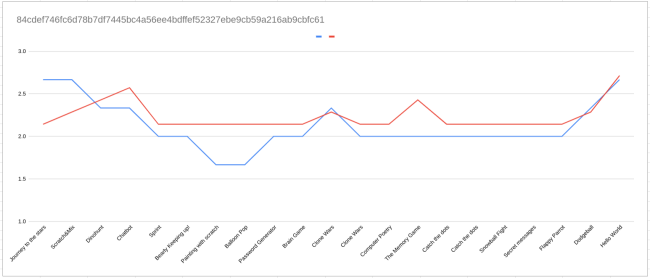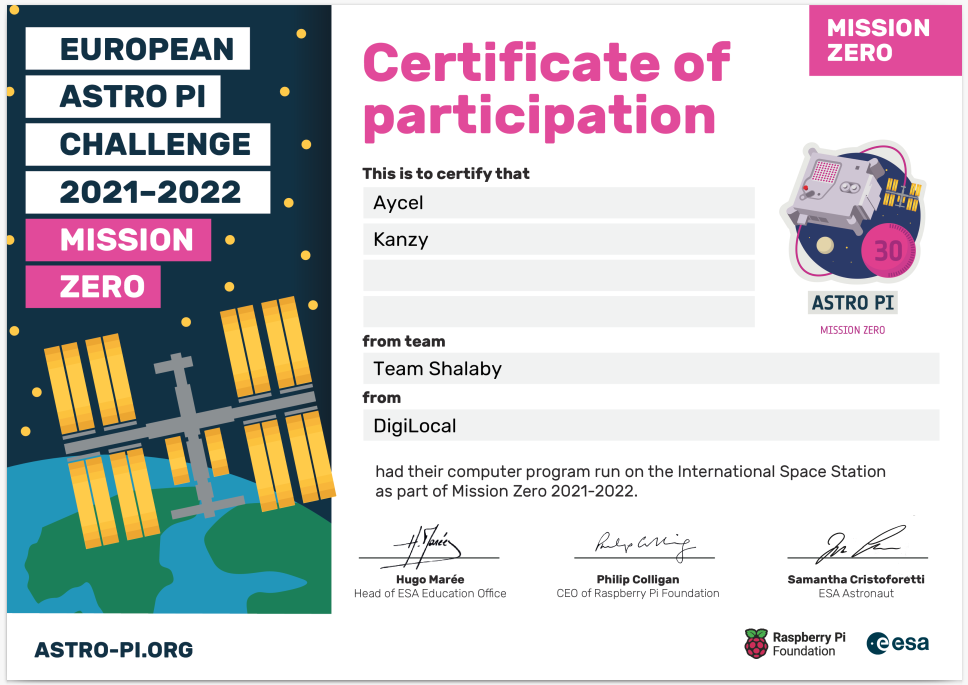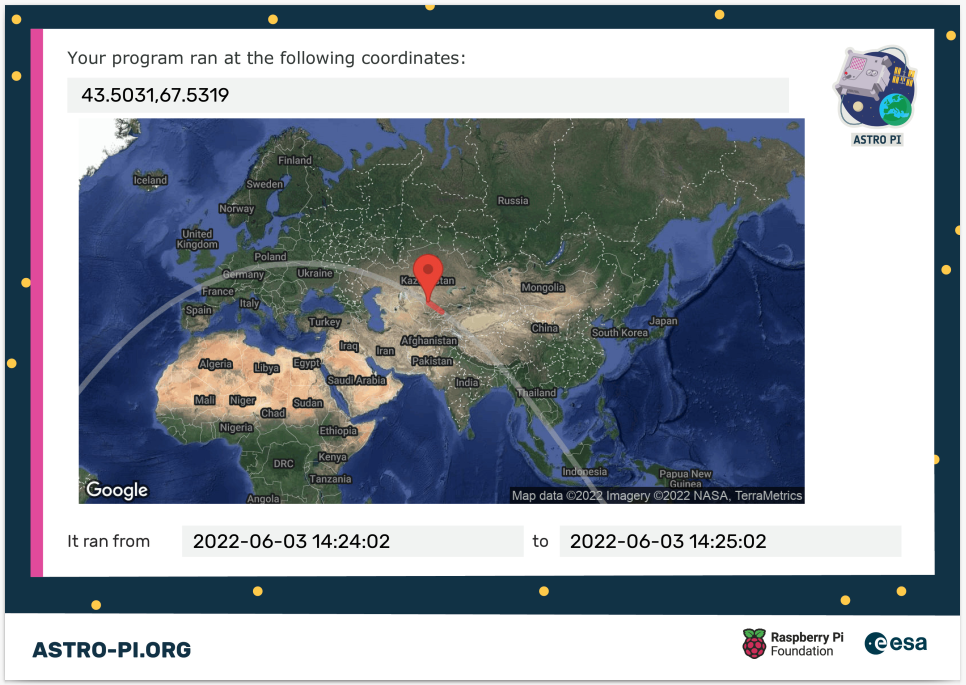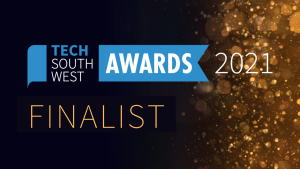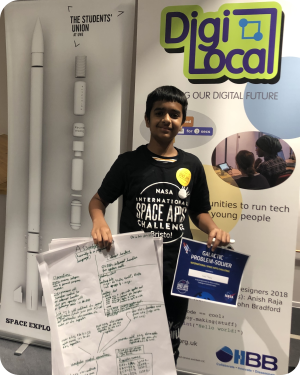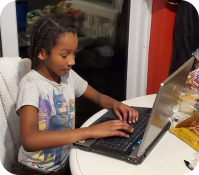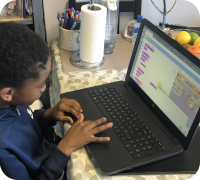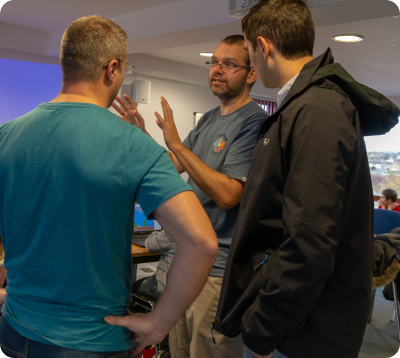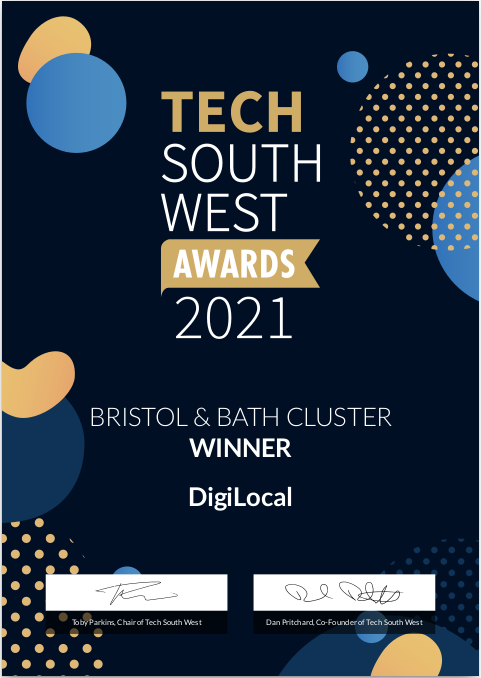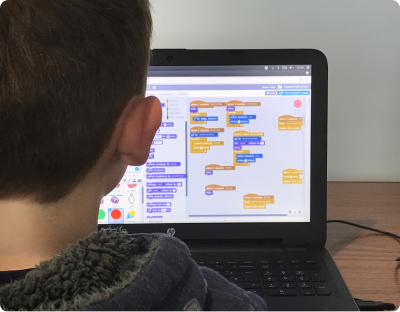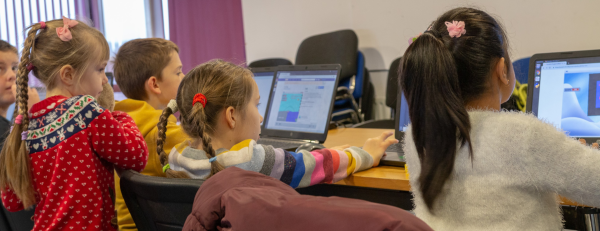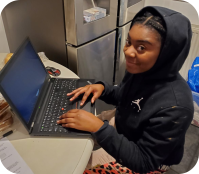Over 50 people registered for the Bristol event this year, forming 12 teams and tackling challenges from planning a 6 year party through to predicting geomagnetic storms. We also welcomed 3 ‘critical friends’ as judges bringing experience from aerospace, data, games design, systems, investing, and more.
A core part of what DigiLocal aims to provide for marginalised young people are the opportunities that many take for granted. Events like the NASA Space Apps Challenge would normally not be visible for those families. DigiLocal has been the Local Lead for Bristol since 2020, ensuring that our young people have access to these amazing opportunities.
Parents and volunteers were notified of the event in August when we were successful with our bid to be the 2023 Local Lead. This allowed people plenty of time to help prepare the young people.
How do you prepare for an event like the NASA Space Apps Challenge? Largely by attempting new projects that don’t follow one of our prepared guides. Setting a challenge objective to build a new game. The volunteers mentor the young people through the problem solving challenges they face, relating back to the known solutions from the guides and showing how they can be generalised to other challenges.
That resilience is vital when faced with a blank coding screen and only 40 hrs to complete a new project!
It’s also important to pace yourself. We made sure during the event that young people took breaks during the day, and we don’t run over night (though many did carry on working from home after dinner).
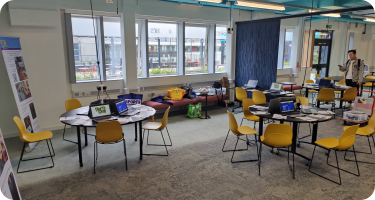
The event was kindly hosted by the University of the West of England in their fantastic co-working project hub ‘The Works’. This space provides a wide variety of pods, tables, desks, and general space for everyone to find their own area to work in. We also had plenty of catering options right outside to keep everyone fed and watered throughout.
In addition to the young people from our clubs, we also welcomed engineers, scientists, and developers from local companies and Universities.
Over the 2 days (7-8 Oct) everyone worked incredibly hard on their projects. Several teams pooled knowledge and helped out other teams along the way. We had some late entries and lots of fun!
The local awards from this year’s event were:
Global Nominee (Bristol) & Best use of Data
Stormy Skies (Bashitha)
Smart Analyzer is an application that can predict geomagnetic storms using raw DSCOVR data directly as input. It uses a deep learning to predict the planetary index after analyzing a provided DSCOVR raw record. Smart Analyzer classifies this predicted planetary index to determine whether a geomagnetic storm is going to occur and if so, it’s severity. Using the corresponding speed of the solar wind at the relevant point in time, it also calculates how long it’s going to take for the predicted geomagnetic storm to occur. The application unleashes the power of machine learning (the core of artificial intelligence) to help address a major modern challenge.
Smart analyzer is a .NET Core console application written in C# and it was created in Visual Studio 2022. ML.NET was used to create and train the machine learning regression model used by the software. The dataset that was used to train the model consists of raw DSCOVR data from the experimental data repository and the corresponding planetary index values that were obtained from the CDAWeb Data Explorer. The raw data and the planetary index values were merged to create the final dataset which consists of around 800000 rows. A one hour time shift was also performed on the two datasets before the merging to ensure that the values are correctly aligned. When a purely raw data record from DSCOVR and the solar wind speed at that point in time is provided, the application uses the deep learning model to predict a value for the planetary (Kp) index. It classifies the the Kp index according to the standards used by NOAA to state whether a geomagnetic storm is going to occur, and if so, whether it’s going to be minor, strong, severe or extreme. With the solar wind speed, it will calculate how long it’s going to take (in hours to one decimal) for the storm to occur.
This is an extremely successful but relatively simple approach to address this issue. An application/software component like this can be simply plugged into a NASA system on earth or a satellite to get real time predictions with real time data.

People’s Choice & Global Connection
Girls in Black (Primrose)
We want to create a free open sourced document available to all, so decided on a PDF Party Plan tool data base that can be downloaded direct from the HTTP://www.nasa.gov/psyche website, making our party package accessible to everyone. The database would contain both educational, fun and engaging information and activities that should enabled anyone to prepare and host a party for a wide verity of end users, and educate them about elements of space covering asteroids, Psyche 16 and the spacecraft that has been sent there to investigate it in fun, imaginative and creative ways.

Honorable Mentions
Best use of Science
Team Casini (Ece, Victor, John, Freya, Ibrahim, William)
An interactive website aimed at young and old to immerse them in the sounds of space, allowing users to collaborate and select different sounds to mashup and listen to space together. This project furthermore is designed with accessibility in mind, where it affords those with disability such as poor vision, to still partake in sharing the experience of enjoying the universe through sound. Finally, in future this algorithm could have the potential to be used in some form of early warning system, where fluctuations in audio can alert engineers and scientists to solar anomalies and the like, sooner than they can be observed by orthodox methods as seen in existing nuclear accident prevention systems.

Best use of Art and Technology
untextured (Sonny)
A game based on the fact that phytoplankton on the surface of the ocean photosynthesize, and create oxygen via sunlight and CO2. There are animal themed upgrades meant to symbolise the carbon dioxide and plankton themed upgrades to show the conversions.
Runners up
Local Impact
Eclipses (Imogen)
I have made a website that answers some questions about eclipses and then at the end, there is a quick scratch game I made. I used HTML to use videos, images, and formatting.
Best Mission Concept
Work In Progress (Thomas, Raymond)
We want to created an educational game that lets users to create their own exoplanet, allowing them to envision what life would be like (if any) on a world of there own making/design. Users play with the aim of making a planet that will sustain life for the longest time possible, but also to see how interesting this life on this new place could be. In total the game includes these feature: 1) create a planet of their choosing (this is done using sliders see miro board for app design) 2) create / import actual planet by matching the variables to current NASA data of said planets 3) compare the variables of the environment of their planet with current planets data provide by NASA and see if how their designed planet is likely to evolve over time.

Best Storytelling
The Bubble Squad (Yashna)
Working on a scratch project, all about climate change and all about the global warming and to tell people to take care of our planet
ArchiEngies (Adriana, Anna-Tereza, Sophia, Nina, Diana)
The team comprised of Sophia(aged 8), Anna(aged 10) and Diana(aged 8) and two mums Adriana and Nina took the challenge of the VR application. The girls took a stab at GMAT and created the script for an elliptical trajectory around earth. VR connection from GMAT was not obvious so instead the girls explored with the existing features in the VR set.

Cosmic Codebreakers (Liam, John, George, Reece)
Unity game in first person showing an experience on the moon Titan, showing how it could look and allows you to explore and collect artifacts for scientific research. Solves the challenge by giving the player an experience of Titan and having to replenish oxygen to survive.
Unplaced teams
A number of teams joined the challenge but did not enter the Global Judging part of the weekend. This included Pierogi People, Future Space, and Teen Titans(+1)

